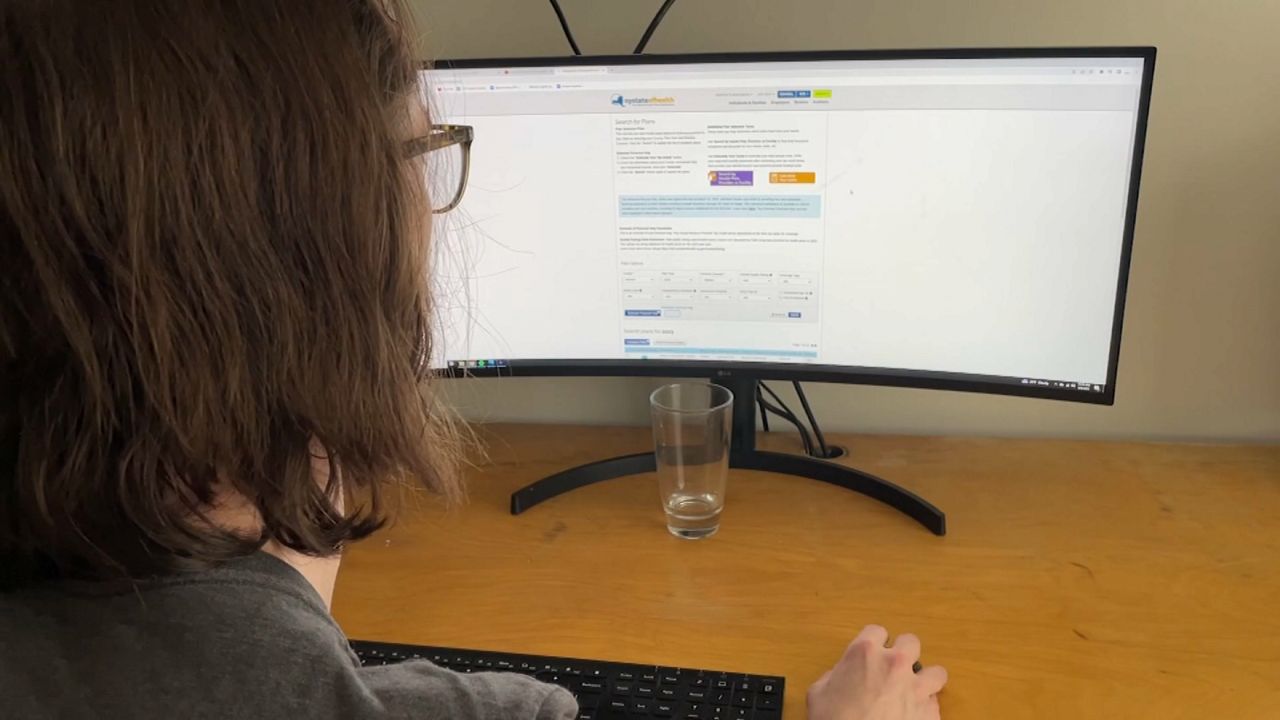Lately, there has been a lot of talk about a bear market compared to a bull market. But what does that mean?
A bull market means stocks are going up. The U.S. Securities and Exchange Commission defines a bull market as a 20% or more increase in a major market index in the space of two months. But any time the market is increasing for a sustained period, it can get the tag.
Bull markets usually cause optimism about the economy, which fuels spending and more investment in the market.
On the flip side, a bear market is the kind you don't want to see.
It's usually a drop in stock prices of 20% or more.
It ends up becoming cyclical, investors want to protect their money so they sell off their stock in a bear market and prices go even lower.
Stocks have been in a bear market for the past month or so. For those who invest in the stock market, it can be quite concerning.
Red is not a great color to see, especially when you’re looking at your portfolio.
“That is the hardest part about investing is stomaching volatility,” said investor Philip Ozzimo.
Ozzimo started trading stocks in 2009. He isn’t exempt from recent market volatility.
“I'm fortunate enough to have time on my side," he said. "So, you know, you just got to give your accounts time to recover.”
He isn’t panicking over current market trends.
“I would say not investing is a bigger gamble than, you know, just spending it on things that are just going to depreciate over time and lose value," Ozzimo said.
It’s a strategy professionals say makes sense.
“Take a breath and try to remember why you're investing in the first place,” said Brett Koeppel, a certified financial planner for Eudaimonia Wealth.
“Focus on what you can control with your investments,” Koeppel added.
He says it’s normal to be anxious about the markets.
“A lot of times, it's 'can I retire? Am I going to be okay? Is my spouse gonna be okay?'” Koeppel said.
He said if you need the money in the next few years, it shouldn’t be in the stock market.
For everyone else, make sure your portfolio is diversified and the expenses you’re paying with your investments are as tax-efficient as possible. Then sit back and wait.
“My best advice is to try and focus your time and energy on what you can control," said Koeppel. "Sometimes pulling up, you know, CNBC or pulling up your investment account... that's just gonna lead to more stress.”
Making a change at that point could do more harm than good.
“Things tend to — the longer you have to invest — things kind of tend to smooth themselves out,” Koeppel said.
There are no regrets for Ozzimo. He has some cash set aside for situations like this and plans to just wait this dip out.
“I wish I started sooner," Ozzimo said. "And I think that's the thing you hear more often than not.”
Both people we spoke with say if you have some money you can afford to put into the market, now might be a good time to invest to get in at a bargain.










